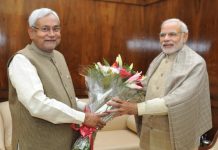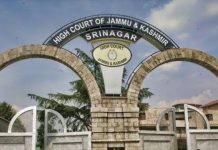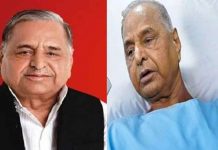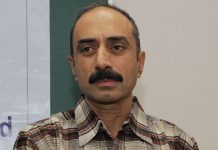With delimitation exercise looming, southern states fear their success in population control may cost them political representation. Southern CMs Naidu and Stalin have urged action fearing a shift in power toward northern states that lagged in family planning. A report by Mudit Mathur
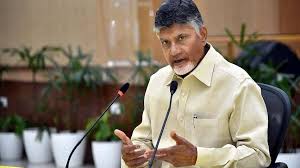
Failure of family planning programmes in northern states of India has become crucial for southern states. It may result in a reduction in political representation in the Lok Sabha due to population control and low fertility rates after the successful implementation of family planning programmes. It will possibly change the political balance of power in favour of largely populated northern states that failed to implement family planning policies of the Union government. How can the southern states be politically penalised for successfully achieving family planning targets set by the Union government?
The president of the Telugu Desam party, an NDA ally, and Andhra Pradesh chief minister N. Chandrababu Naidu and his counterpart from Tamil Nadu, M.K. Stalin of DMK, have anticipated the problematic aspects of the impending delimitation exercise. Delimitation involves the affixation of the number of seats and boundaries of territorial constituencies in each state for parliamentary and assembly seats, which may change the political dynamics of their states. The root cause is the dipping fertility rate below the national replacement level, thereby increasing the elderly population and possible reduction of its representation in the Lok Sabha.
The lower fertility rates in southern states could translate to diminished political power after delimitation. Both leaders have pleaded with their populace to produce more children as the southern states have done better in checking their populations than the northern states. All South Indian states are staring at an irreversible crisis of falling fertility rates far below the national average of 2.1. Tamil Nadu has the lowest fertility rate at 1.4, followed by 1.5 in Andhra Pradesh (AP), Telangana and Kerala, and 1.6 in Karnataka. The National Family Health Survey findings have proved that the country’s total fertility rate has dipped below the replacement level. Roughly, while the proportion of the elderly in the population will increase between 2021 and 2036 by 6-7% in the South, this will be about 3-4% in the North.
“No country in the world has succeeded in revoking birth rates, despite huge financial incentives to have children. South Indian states are equivalent to many developed countries in the world, but not in terms of per capita income, standard of living and human development indicators like health and education. Fertility rate below 1.8 for a very long time will have a negative bearing on their economy,” said the demographer Srinivas Goli, associate professor in demographics at the IIPS, Mumbai.
“The problem is worsened by the fact that India has reduced its fertility rates pretty quickly. The same amount of fertility transition – that is to come down from six children to 2.1 children per female adult – France took 285 years, England took 225 years, whereas India took just 45 years. The only country which took less time to reach this fertility transition is China, due to its very rigorous one-child policy,” Goli added.
Tamil Nadu Chief Minister M K Stalin had termed the 2026 delimitation a “Sword of Damocles” hanging over the heads of the southern states, as they face the prospect of their numbers going down in Parliament. Other chief ministers have raised similar concerns, asking whether the South was being “punished” for successfully controlling its population, and accomplishing population control targets set by the Centre itself.
Delimitation is a Constitutional exercise under Article 81 that is required to be carried out after every Census to readjust the number of seats and their boundaries based on the latest census data. However, the number of seats for the Lok Sabha and state assemblies has remained frozen for the last 50 years because of opposition from political parties from the South. The delimitation exercise had been frozen after the 1971 census, through the 42nd Amendment Act till the year 2000, and was extended by the 84th Amendment Act till 2026. Now TDP chief Naidu would pressurise Prime Minister Modi to further freeze the delimitation exercise after the 2026 census through the passage of a constitutional amendment.



